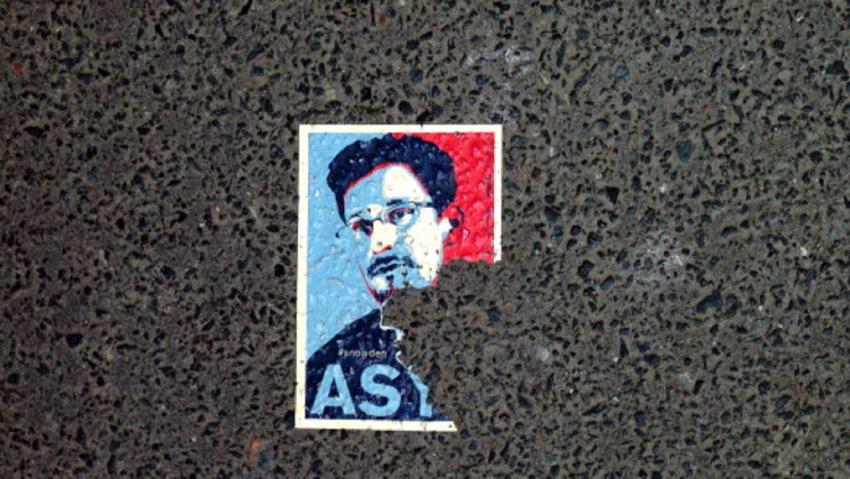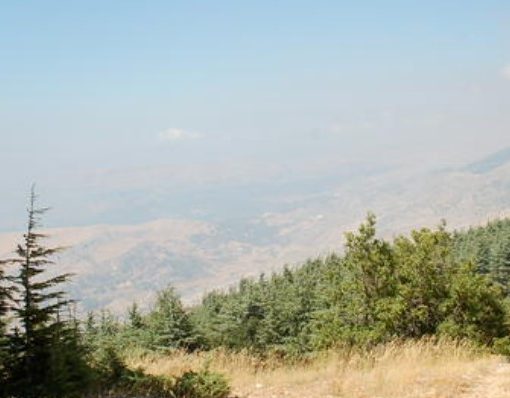For more than two weeks after Zine al-Abedine Ben Ali’s repressive 23-year regime was toppled and replaced by an interim government in mid-January, protests continued on Habib Bourguiba Avenue in Tunis and in front of government offices in the Kasbah, where the ministry of finance has been renamed – with a spray can – the “ministry of thieves.” Demonstrators called for the remaining members of the Constitutional Democratic Rally (RCD), Ben’s Ali’s political party, to leave the government.
One group at the Kasbah sit-in walked all the way from Sidi Bouzid, the home town of Mohamed Bouazizi, whose suicide had sparked the revolution. The protests succeeded and nearly all the old RCD members have been removed – though they were finally dispersed by tear gas.
Now, discussions have shifted to what Tunisia will look like after the elections, expected to be held in a few months’ time. Some want the army’s chief of staff, General Rachid Ammar to play a role: when Ben Ali ordered the army to shoot at the protestors, Ammar chose to disobey and took the people’s side.
I asked Selmi Taoufik, a young man who works in France, whom he wanted to see in power, and he voiced an opinion that I often hear: “I don’t know yet. I have to see what the person is like first, then I’ll decide.”
Most Tunisians do not like religious conservatism and many say that they are worried about an Islamist resurgence. Rachid Ghannouchi, leader of the Islamist al-Nahda party, outlawed under Ben Ali, has just returned to Tunis after more than 20 years in exile. He was welcomed by several thousand supporters at the airport, though a few came to protest against him.
Whatever the political landscape will look like in six months, it is clear that the hard work is just beginning. Tunisia has to address institutional corruption and establish democracy in all areas of life. For the last couple of days, gangs have been frightening people on the streets and in schools – most likely unemployed youths paid by old regime members to spread chaos in the nascent democracy. Happily, the new interior minister is overhauling the security services. Perhaps most pressingly, the economy needs to recover. Strikes have spread across the country, the trade unions now confident enough to demand better pay and working conditions. But unemployment, especially among the educated young, remains very high.
Back on the tree-lined Habib Bourguiba Avenue, the mood is exuberant. People are proud of what they have achieved and delighted to be able to speak freely without threat of arrest and torture. Some are here to sit on café terraces or to shop, but almost everyone you meet is indulging in open debate.
Strangers spontaneously group and discuss the interim government, what it should do and how the democratic process should unfold. Young and old, men and women, stand together and argue.
What is reassuring about this revolution is that there is little desire for vengeance against those who had ties to the RCD. Tunisia, which can boast a highly educated population and equal rights for women, has conducted a very civilised revolution.


